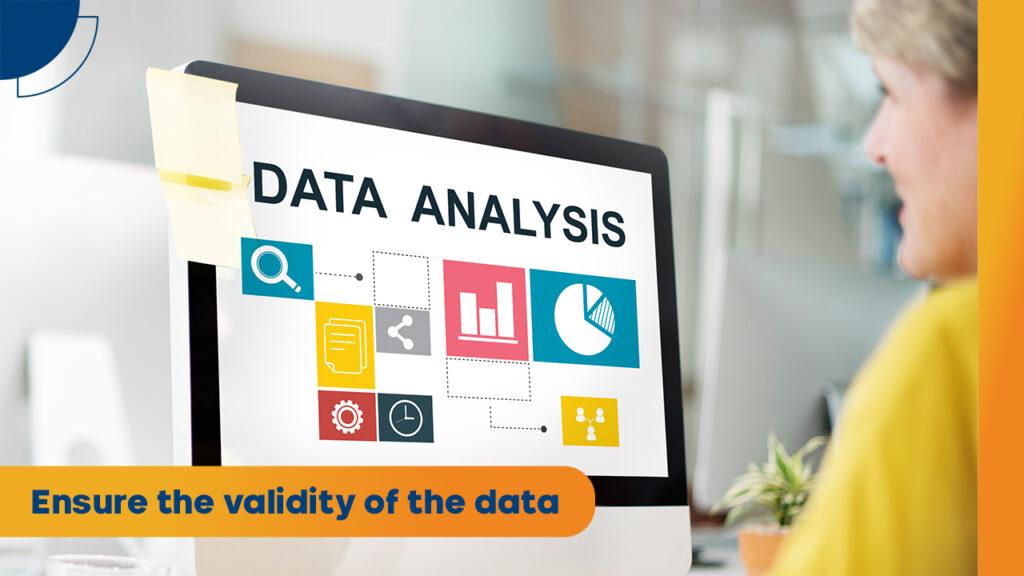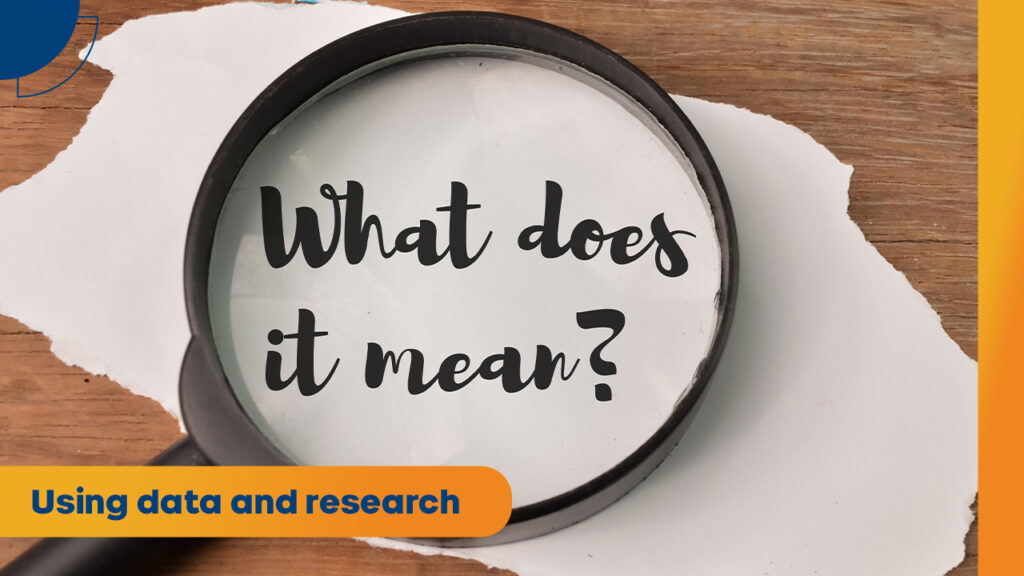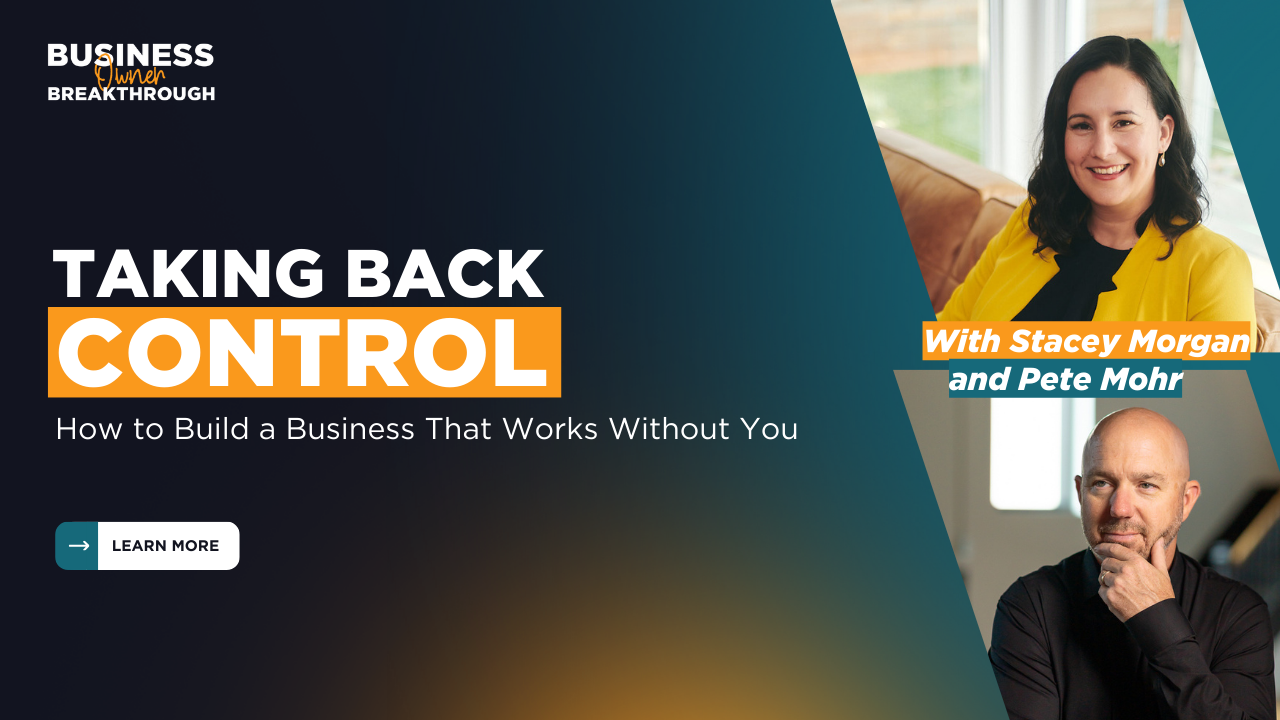Let’s talk about the FACTS. You know, those little pieces of information that can make or break a decision. They’re pretty darn important, aren’t they? It’s the second of the 5Fs of better decision making: Future, Facts, Figures, Feelings and Feedback.
We have two buckets: the facts we already know and the facts we need to know.
Objectivity is one of the key benefits of using data and research in decision-making. When you have solid evidence in front of you, it becomes easier to make informed decisions. Now, I have to admit, I haven’t always been the best at digging through the facts myself. I tend to rely on executive summaries. But ask yourself, are you a Fact Finder? Do you need all the information before making a decision? If not, consider having someone on your team who can help you gather the necessary facts. It can make a world of difference.

Moreover, it’s essential to ensure the validity of the data you’re using. Is it credible? Is there evidence to back it up? Reasoned data builds trust and confidence, not only in your decision-making but also among your team, stakeholders, and customers. Reliable information paves the way for success.
Efficiency is another advantage of leveraging data and research. By analyzing patterns, trends, and insights, you can make even more effective choices. Visualize the data, put it into graphs, and explore different perspectives. This helps you make decisions faster and leads to improved resource allocation and streamlined processes. And when you make decisions more expeditiously, your business grows quicker, allowing you to break through those ceilings.

Think of data as your external brain. You can’t store everything in your own mind. So, how are you gathering and storing the facts and figures needed for decision-making? Begin by identifying your information needs. What specific information do you require to make an informed decision? Knowing what you need is the first step.
Choosing the right data sources is vital. Ensure that your decisions are based on accurate and reliable information. Consider internal data, external reports, market research, customer feedback, and insights from trusted experts. Use a mix of qualitative and quantitative data. While the numbers provide objective insights, qualitative data helps you understand subjective factors and emotions that influence decisions.

Once you have gathered the data, it’s time to analyze it. Dive into the information, take a step back, and view the big picture. Use visualization tools if needed. Interpret the findings and communicate the insights to everyone involved. By doing so, you create a shared understanding and ensure that everyone is on the same page.
Remember, decision-making is an iterative process. Continuously update and refine your data until you reach a final decision. Even then, keep in mind that there are no perfect decisions. Sometimes, you have to make the best choice with the information available and adjust along the way. Entrepreneurial growth requires action and moving forward, rather than being paralyzed by indecision.

So, assemble your facts, store them effectively, and use them to make better decisions for your business and your life as an entrepreneur. Hear more about the Facts on the Business Owner Breakthrough Podcast. Next week, we’ll delve into the importance of Figures in the decision-making process. Don’t overlook any of the five Fs of decision-making. Each piece is crucial for achieving the best outcomes.
Now, go out there and make it a great day, armed with the power of Facts!





0 Comments